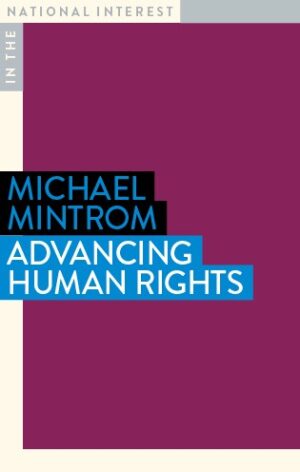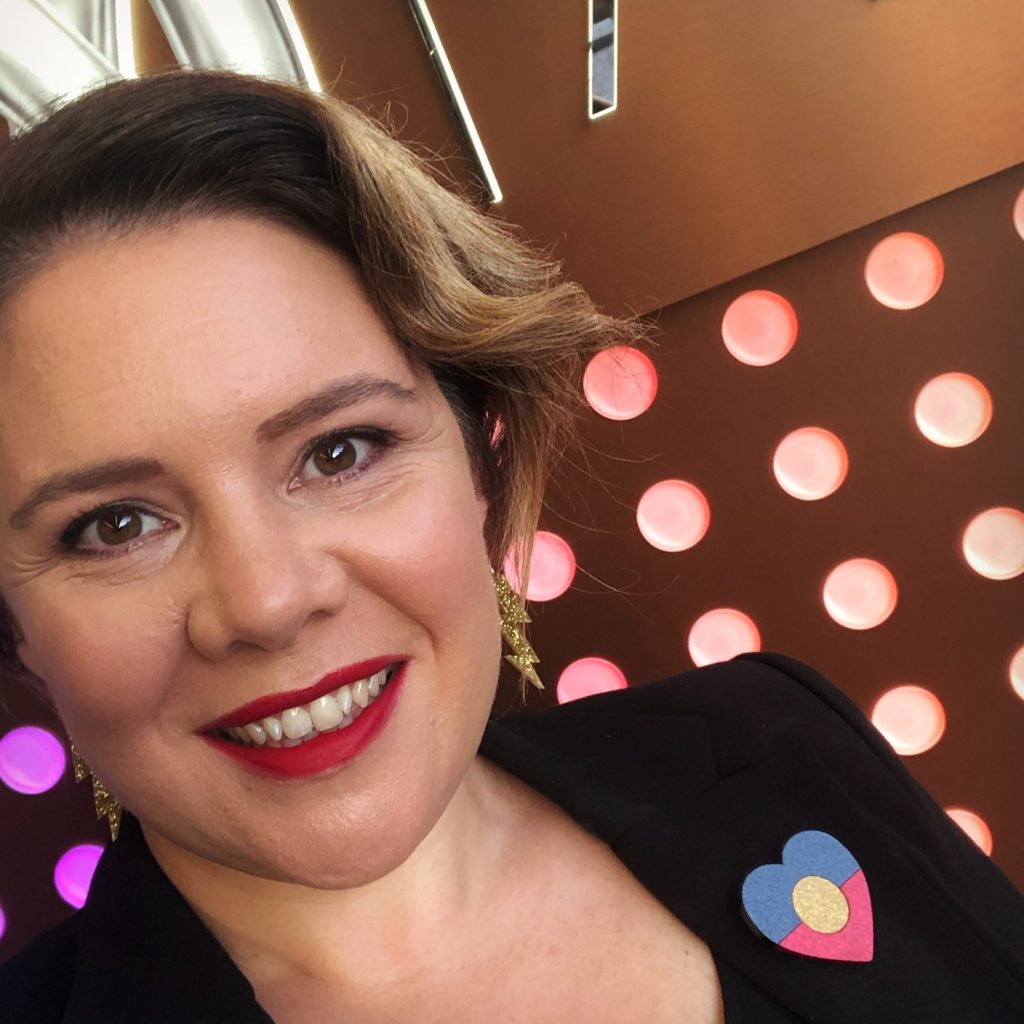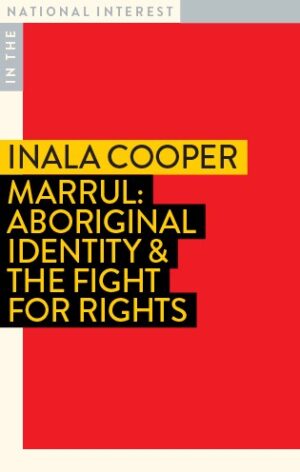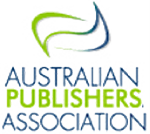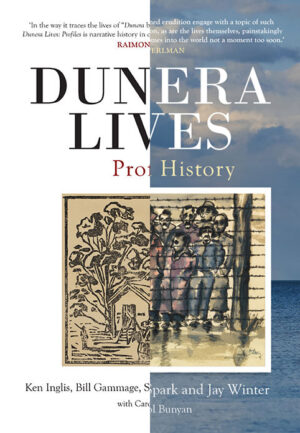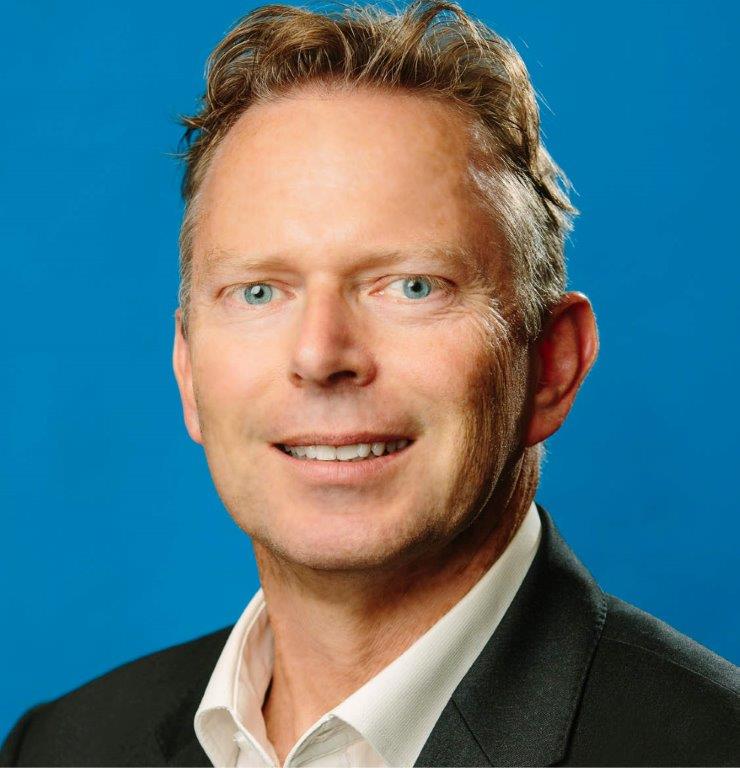
Human rights come into question in times of crisis. But should we wait for crises to arise before we discuss these rights? Michael Mintrom pushes the envelope and argues that advancing human rights should be everyone’s business, not just that of a select group of public interest lawyers, conspiracy theorists or those who prefer tinfoil hats.
In his latest book Advancing Human Rights, Michael Mintrom raises the quality of care in nursing homes, the treatment of illegal immigrants, and police practices towards Indigenous people in custody—as examples of crises that demand remedies and receive less than satisfactory solutions.
He argues that the advancement of human rights is an investment: our efforts today will create ongoing benefits for society. He finds the answers in enhancing the quality and accessibility of early childhood education, shutting down the school-to-prison pipeline, and assisting former prisoners during their re-entry into society. Beyond these powerful examples, he also suggests other candidates for policy change that will lead to the progression of human rights.
In a caring society, the question of how to advance human rights should lie at the heart of public policy making. But does our political class have the will to make the changes needed to ensure a fairer and more just society?
Michael Mintrom is Professor of Public Policy at Monash University, where he serves as the inaugural Director of Better Governance and Policy, a whole-of- university initiative to improve the policy impact of academic research. Michael has
extensive experience as a policy designer.
His two books with Oxford University Press discuss the importance of treating public policies as investments and key elements of contemporary policy analysis. His other books have considered effective policy advocacy, the spread of policy innovations, and the factors that produce enduring, successful public policies. He has served as a policy adviser in New Zealand and as the Monash Chair at the Australia and New Zealand School of Government, where he
was Academic Director of the renowned Executive Master of Public Administration degree. He holds a PhD in Political Science from the State University of New York at Stony Brook and an MA in Economics from the University of Canterbury.
Dr. Christopher L. Pepin-Neff is an American-Australian teacher, research academic, writer, and commentator on a number of public policy issues.
Dr. Pepin-Neff is a senior lecturer in public policy at the University of Sydney.
He received his Ph.D. in public policy at the University of Sydney (‘14) and also held a Masters Degree in Public Policy (‘07) and a Bachelor’s Degree in Political Science from James Madison University in Virginia (’99). His research looks at agenda-setting in the policy process through an analysis of emotional issues in public policy and the role of lobbyists and activists in LGBTQ politics.
-
Advancing Human Rights
Michael Mintrom

